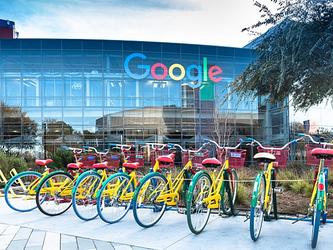Google delays end of third-party cookies
The abolition of third-party cookies was initially announced in January 2020 and was supposed to be completed before the end of 2021. Third-party cookies are widely used by many advertisers to target their advertising effectively.
Google said in a blog post by Vinay Goel, privacy engineering director at Google Chrome, that the changes would now be postponed by two years, with testing due to start in late 2022 and third-party cookies to be phased out over a three-month period in late 2023.
Google also said that it would seek to engage with regulators such as the Competition and Markets Authority (CMA) in the UK. The CMA recently launched a market study into whether Google’s effective control over mobile phone operating systems, app stores and web browsers could be detrimental to consumers.
The company’s Privacy Sandbox initiative, which is leading Google’s third-party cookie work, will work to create more private approaches in key areas, such as advertising measurement, delivering relevant advertising and fraud detection.
Google had already been testing a Federated Learning of Cohorts (FLoC) tool to remove third-party cookies with a small number of Google customers in Australia, Brazil, Canada, India, Indonesia, Japan, Mexico, New Zealand, the Philippines and the US.
Goel wrote that the delay would “allow sufficient time for public discussion on the right solutions, continued engagement with regulators, and for publishers and the advertising industry to migrate their services”.
He added: “This is important to avoid jeopardising the business models of many web publishers which support freely available content.
“By providing privacy-preserving technology, we as an industry can help ensure that cookies are not replaced with alternative forms of individual tracking, and discourage the rise of covert approaches like fingerprinting.”

We hope you enjoyed this article.
Research Live is published by MRS.
The Market Research Society (MRS) exists to promote and protect the research sector, showcasing how research delivers impact for businesses and government.
Members of MRS enjoy many benefits including tailoured policy guidance, discounts on training and conferences, and access to member-only content.
For example, there's an archive of winning case studies from over a decade of MRS Awards.
Find out more about the benefits of joining MRS here.














0 Comments